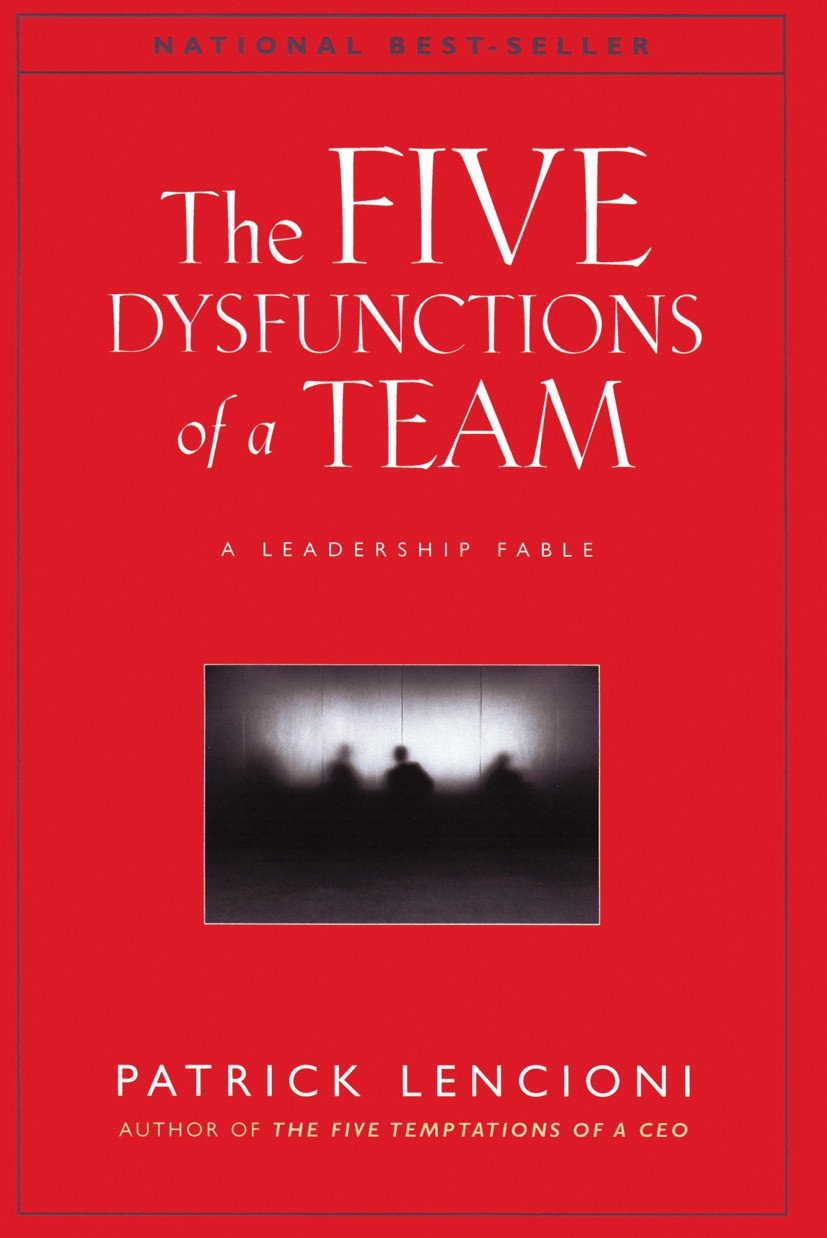Leadership Types
Leadership Types examines qualities of a transformational and transactional leader, as well as a servant or charismatic leader.
Transformational Leadership
Leaders described as Transformational inspire followers to a high level of engagement and performance. This type of leader looks for and believes the best of those they lead. They are able to properly assess their followers’ strengths and leverage them. They have a way of getting people to give their best because they “want to” not because they “have to.”
This type of leader knows how to build high performing teams and often achieves uncommon results. This leader knows how to create a compelling vision and communicates it to the team.
They lead from “personal power” rather than using their “positional power” to get work done through others. They have high expectations and hold people accountable while providing the support needed.
Transformational Leadership is the proper balance of leadership and management necessary for achieving desired results.
Transactional Leadership
Transactional Leadership is also known as Managerial Leadership.
This type of leader tends to use the power of their position to get work done. Therefore, instead of inspiring people to be motivated from within, this leader “manages” them from without.
Most of the emphasis is placed on compliance and efficiency, often highlighting what is done wrong and ignoring the impact on those they are leading.
The result is that followers may operate out of fear of punishment or lack of reward, which negatively impacts productivity over the long term.
This type of leader tends to maintain the status quo instead of seeking to change things for the better. This leader probably does not seek input from his or her followers; when they do, it is usually from a select few.
Charismatic Leadership
Charismatic Leadership can originate from positive or negative motives. The difference is in the outcome.
The charismatic leader uses his or her personal power and abilities to influence followers to an expected end. You can look throughout history to see both the positive and the negative effect of charisma.
Some researchers compare transformational and charisma leadership, believing that they are similar. Whereas, other researchers firmly believe they are very different. The difference lies in whether the leader is only concerned about his/her benefit, or the benefit of all involved.
Servant Leadership
Robert Greenleaf’s work is the basis of what we know as Servant Leadership. This type of leader believes his or her role is to serve those they lead; therefore, they tend to operate in more of a participative management style of leadership. Of the five leadership types, this type is most memorable for both the follower and the leader.
Greenleaf believes that leaders lead by serving others.
Leadership Types & Follower Types
Just as there are Leadership Types, there are also different types of followers.
R. E. Kelley in his work “In Praise of Followers” describes five(5) Follower Types.
Improve Your Relationship with Your Boss
Are you looking to improve your relationship with your boss? If so, the Boss Relationship Worksheet will help you better understand and communicate more effectively with your immediate supervisor.
To download your copy, submit your information on the form below.
After completing the Boss Relationship Worksheet, you will find that the following will prove helpful in showing you how to cultivate a better working relationship with your boss:
 |
I published my first book and I am beyond excited.
Get your FREE copy of Called to Lead!
ORDER PRINT HERE
Leaders don't
create
followers.
Leaders
create
other
leaders.
- Tom Peters














